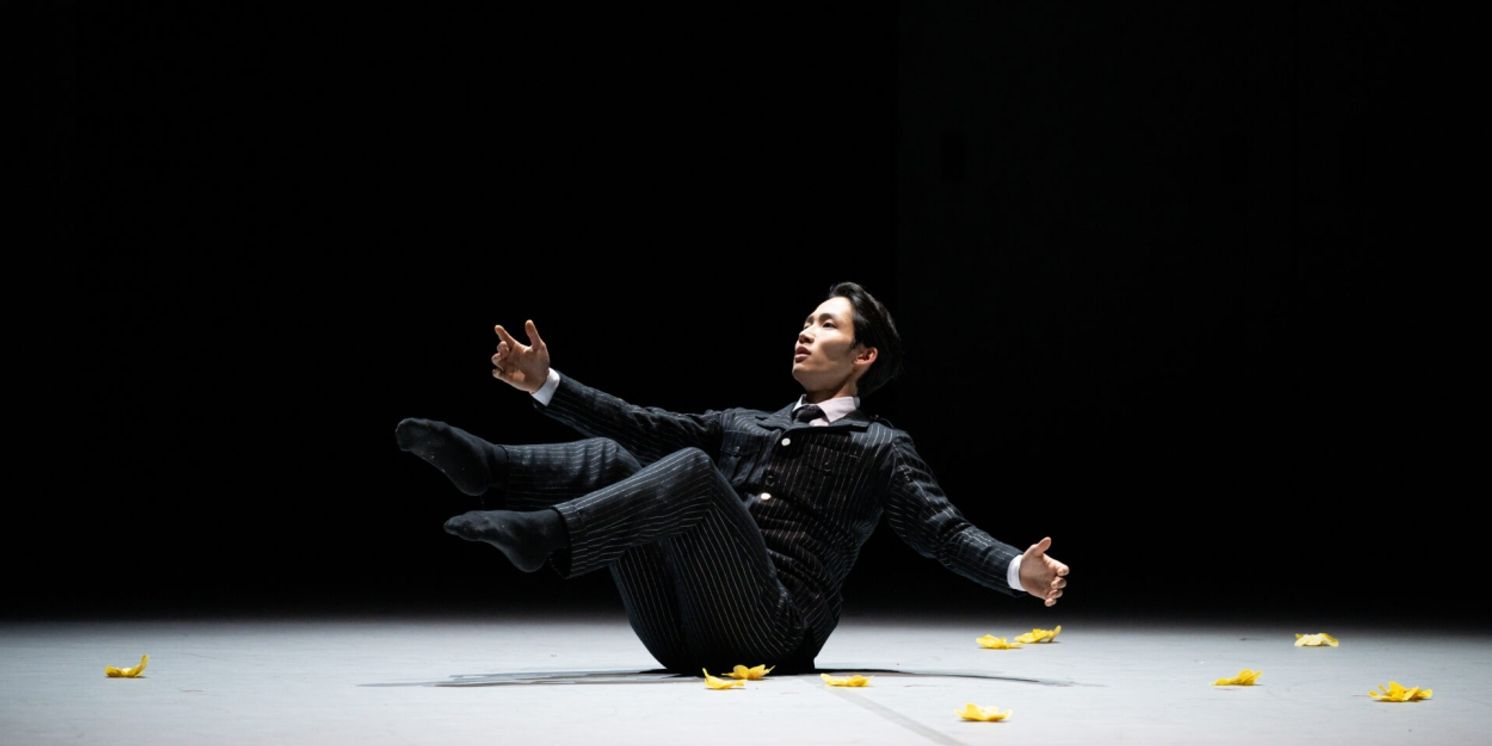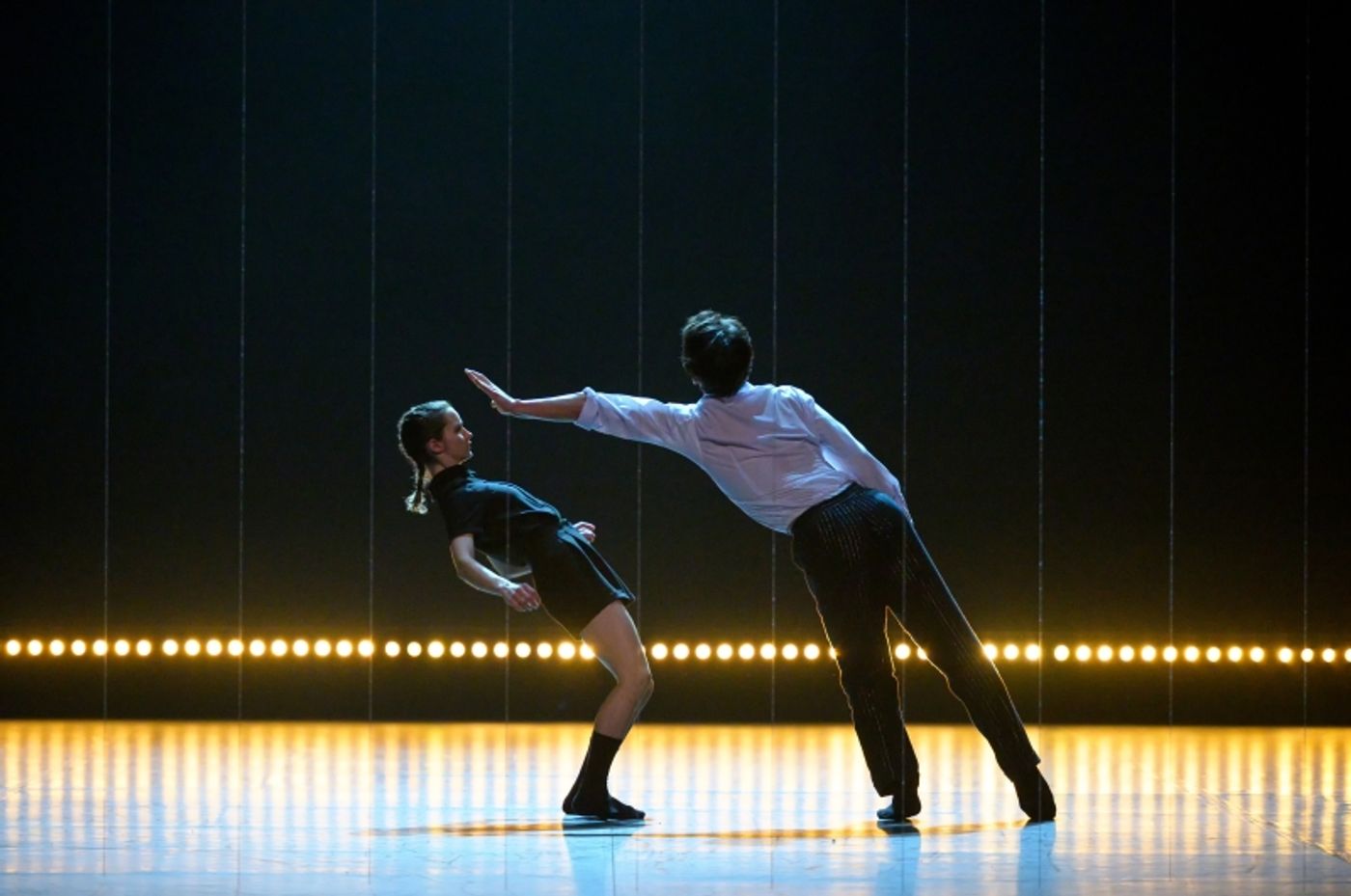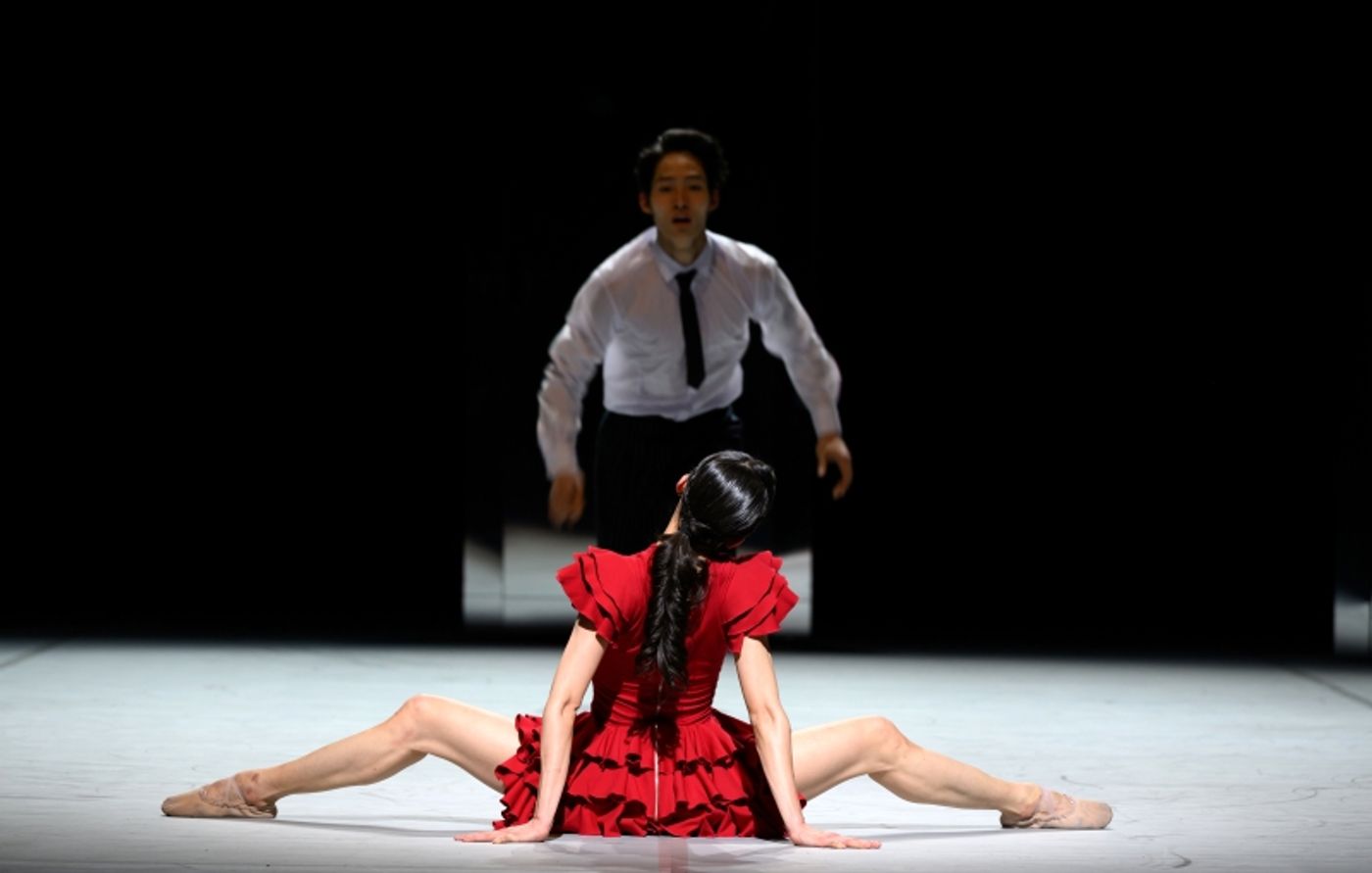Review: ENGLISH NATIONAL BALLET - CARMEN, Sadler's Wells
ENB: at the top of the game.

![]()
A "fresh take" on Carmen seems like the right move...especially in dance, if one considers (important) previous versions by Petit, Alonso, Ek and Bourne.
English National Ballet present Johan Inger's 2015 production with music by Bizet, Shchedrin and Marc Alvarez, and we're promised "fiery drama" and "new resonance." I'd propose it offers a lot more than that, and most keenly - a vehicle that shows where ENB currently is: at the top of the game.
Inger's Carmen is successful in two key ways: firstly it tells the existing narrative of Carmen incredibly clearly, secondly it actually does so with “new resonance" - who'd have thunk it.
What intrigued me most throughout is the depth he's given to the Don José role. No longer just a stifled, murdering bystander - though this is also still the case - now, a fully realised three dimensional character offering individual insight into passion, love, humiliation and violence all through the lens of the introvert on the edge of the action, until he's the action himself.

Of course Don José isn't alone, the piece is called Carmen after all! Inger's female protagonist is a brazen one, unafraid of physicalising her desires regardless of who might be affected; recognising this is her absolute perogative. And Inger seemingly doesn't believe in the concept of corps de ballet as background, as all involved play key narrative and physical roles for the duration.
The production as a whole has many strong points. The overall musical structuring is the real deal, as so rarely does an added to, developed score do anything for the existing, historic music. But now we hear the Bizet and Shchedrin even more alive, further aided by the juxtaposition of Marc Álvarez's modern, verging on industrial sounding additional original music. All played seamlessly, and extremely well by the English National Ballet Philharmonic under the baton of guest conductor Manuel Coves.
The set design by Curt Allen Wilmer and Leticia Ganan AAPEE with estudiodeDos is as minimal and slick as it gets, bringing Inger's vision of dystopian repression vividly to life. The use of nine, vast triangular prisms on wheels define space, emphasise claustrophobia and enable the unseen to feel even more apparent than if actually observed. The second act also features a frontcloth of weighted, beaded strings that communicate incarceration more proficiently than any literal bars ever could; a conveying of inner conflict so potent yet barely there.

And to Inger's language: an ideal balance of modernity without falling victim to extreme flexibility or permanent hunchback posturing - what a relief. He's an architect of space and time. Spatially he flows and devours in a grounded manner, and the time aspect feels evident in dynamic, pace and narrative structuring. He can also choreograph a mean dance fight, and gives love pas de deux a genuine edge of carnal physicality one doesn't often encounter.
I had a moment of doubt at the beginning of the second Act thinking; he's basically told all of the story already…so what are we still doing here? And then it became clear; he’s giving Don José even more time to ruminate his predicament, subsequently allowing the audience to go on a deeper journey of character analysis. This all means that the lead up to Carmen's demise feels even more inevitable…talk about anxiety -inducing. Though I never quite understood the role of The Boy in all of this. The innocence and hope angle feeling too obvious, but nothing else of any real depth presenting itself.
Femicide is a deeply uncomfortable, pressingly current topic, but it doesn't make the premise of Carmen any easier to swallow. Inger's Carmen is very difficult to like, as her raison d'être seems to have zero consideration for others, so the audience is presented with questions as to how we approach her demise. It's a very conflicting tactic.
ENB’s artistic director Aaron Watkin has made a shrewd move by bringing Inger's Carmen to the company, as it's a valuable work that allows the entire cohort to shine. In relation to principal roles: Minju Kang's Carmen is one of stoicism, Rentaro Nakaaki's Don José is layered and original, Erik Woolhouse as Torero brings celebrity to the equation, James Streeter's Zuniga is unlikeable and Sangeun Lee as Manuela is commanding in presence. But the night belongs to Inger, and ultimately Nakaaki as his Don José. A truly memorable interpretation.
Carmen runs at Sadler's Wells until April 6
Photo credit: Laurent Liotardo
Reader Reviews
Videos

